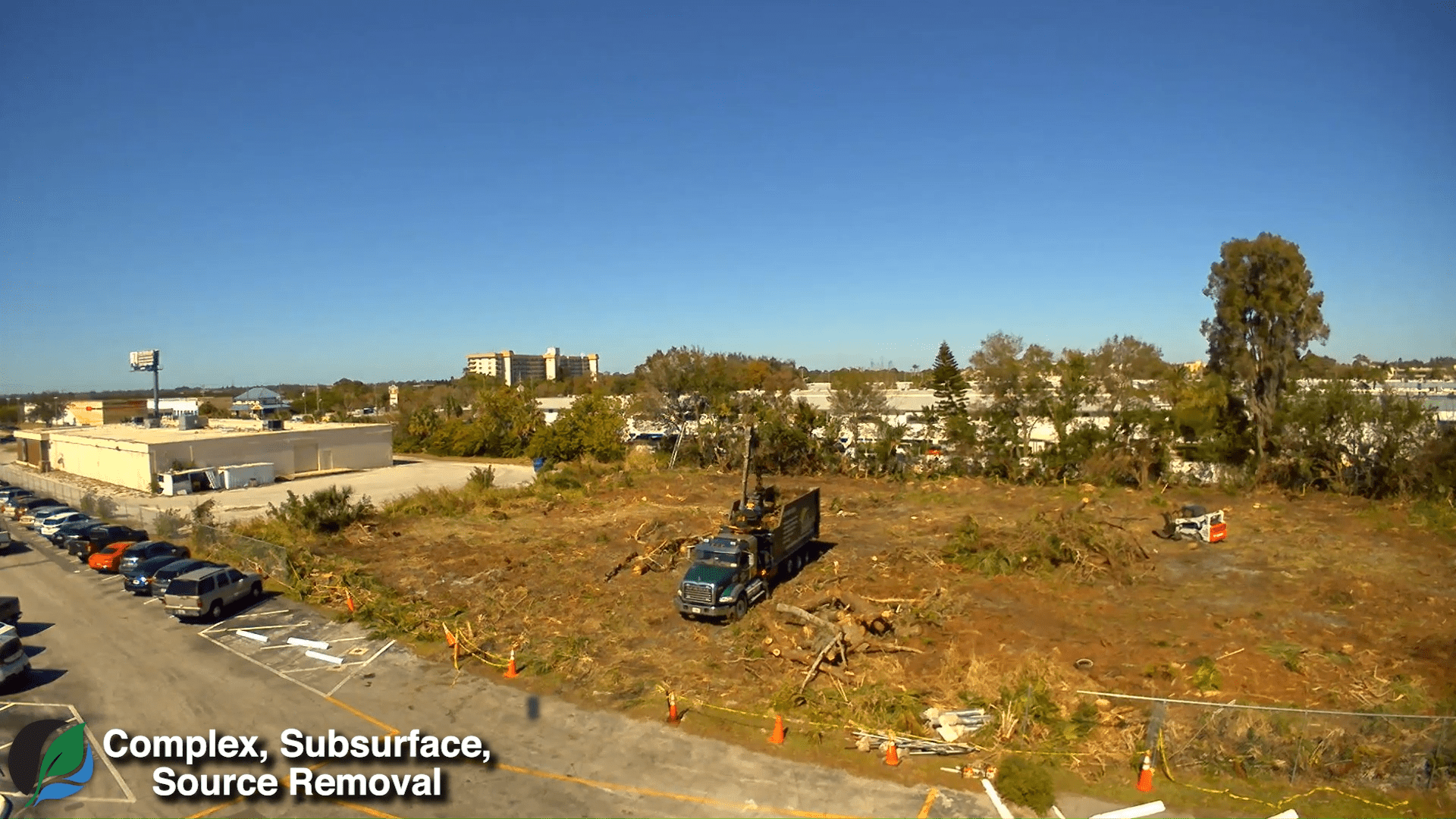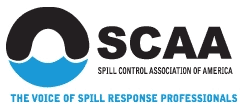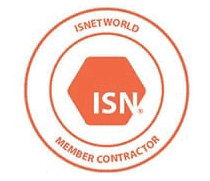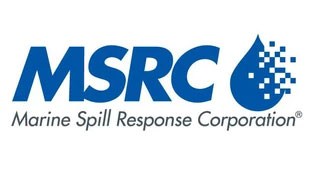Remediation of contaminated groundwater and soil demands ample integrity from the environmental services company. Once you’ve determined all of the strategic and technical aspects of your groundwater and soil remediation plan, your environmental service provider should work with you to effectively carry it out.
At Hull’s Environmental Services , our remediation services come with optimal transparency so you know exactly what you’re paying for. We’ve managed hundreds of remediation sites, and we can successfully conduct your next groundwater or soil remediation project, regardless of its size or scope.
What Is Soil Remediation?
Soil remediation involves the use of different technologies to protect people and the environment from contaminated soil. Polluted soil is often the result of unregulated waste disposal methods and certain industrial processes. While these historical practices were once compliant with applicable laws, more contemporary testing methods determined the negative impact they had on the environment.
Many sources of soil contamination exist, including improper industrial waste disposal practices, chemicals, leaks in pipes and tanks, and spills. The resulting contaminants in soil may include many types of substances, such as oils, solvents, pesticides, paints, heavy metals, and other synthetic materials. With the continued development of test methods, it will be possible to identify a greater number of contaminants. This will help generate more data about these compounds, which remediation efforts will then use to help further mitigate the risks of contamination.
What Is Groundwater Remediation?
Groundwater remediation uses certain processes to remove contaminants from groundwater or convert them into harmless substances. Groundwater is water located underground, with much of it present in rock fractures, permeable rock, or unconsolidated materials known as aquifers.
Groundwater remediation makes groundwater safe for people while mitigating contaminants’ effects on the surrounding environment. It’s also possible to remediate sediment or soil that becomes contaminated through polluted groundwater.
Soil and Groundwater Remediation Systems
If you require soil and groundwater remediation systems, you’ll find a variety of solutions at Hull’s Environmental Services , including:
- Air sparging and biosparging systems.These systems inject pressurized air into contaminated groundwater and soil that contains volatile organic compounds (VOCs), dissolving their hydrocarbon content in the process.
- Bioremediation technology.We utilize state-of-the-art bioremediation technology that allows us to use beneficial microbes to digest and decompose pollutants in contaminated soil or groundwater.
- Dewatering aeration systems.These systems allow for the removal of hydrocarbons while also draining and removing water from the remediation site.
- Dual-phase extraction systems.These remediation systems work by removing contaminated soil vapor or groundwater using high-vacuum pumps or blowers.
- Heavy metal treatment processes.These processes remove various heavy metal elements from soil and water, including cadmium, arsenic, mercury, and cobalt.
- Liquid- and vapor-phase carbon adsorption systems.These systems remove VOCs using carbon filtration. While vapor-phase vessels do so by limiting the discharge of VOCs into the ambient air, liquid-phase vessels accomplish this by filtering VOCs out of effluent.
- Low-profile air strippers. These products contain side trays that our customers can easily remove, with the ability to remove as much as 99.9% of certain air contaminants.
- Oil/water separation systems.The oil and gas industries often use these systems to effectively remove spilled petroleum from groundwater.
- Soil vapor extraction systems.Vacuum pumps or blowers in these systems clear soil of both volatile and semivolatile contaminants.
- Sparge and vent systems.These systems remove contaminants from unsaturated and saturated soils using a combination of air sparging and a soil venting system.
- Thermal/catalytic oxidizers.Using different treatment temperatures, these hybrid systems can effectively eliminate VOCs from contaminated groundwater and soil.
Why Groundwater and Soil Remediation Is Important
Groundwater remediation is a crucial process used to identify and solve groundwater issues, specifically pollution and other contaminants. In many cases, groundwater remediation procedures are the only way to protect whole communities from potentially dangerous health and environmental problems.
Soil remediation is important because it removes contaminants that pose risks to the environment and human health. Contaminated soil can lead to water pollution and cause damage to animal and plant life. It can also lead to economic losses, as contaminated soil is unusable for farming or development. The remediation process reduces or prevents contaminant exposure and protects ecosystems and groundwater resources.
The Typical Contaminants Found in Contaminated Groundwater and Soil
Among a litany of other contaminants, groundwater and soil may contain a variety of common contaminants, including the following:
- Chlorinated solvents
- Volatile organic compounds (VOCs)
- Benzene
- 1,4-dioxane
- Methyl tert-butyl ether
- Per- and polyfluoroalkyl substances (PFAS)
Soil and Groundwater Remediation Solutions from Hull’s Environmental Services
Soil and groundwater remediation is crucial for a variety of reasons, from preventing further contamination of drinking water to making unusable land usable again, reducing contamination for natural restoration, and more. At Hull’s Environmental Services , we offer some of the most reliable environmental remediation solutions available based on your application’s unique specifications.
To learn more about our capabilities, contact us online or call us at 866-450-9077 today. To get started on your soil and groundwater remediation solution, request a quote.













